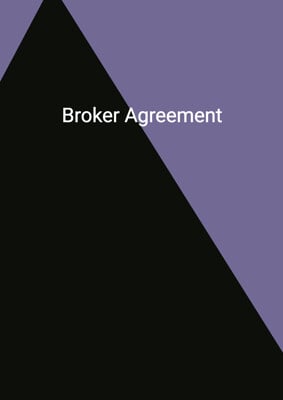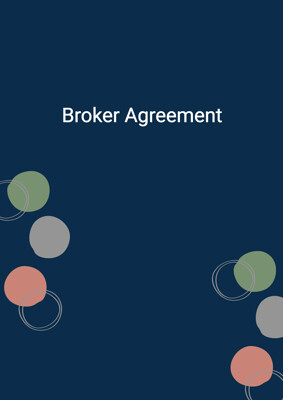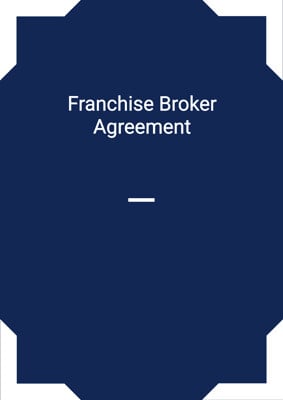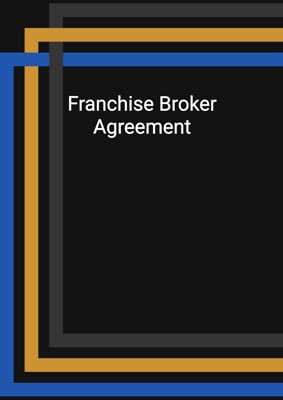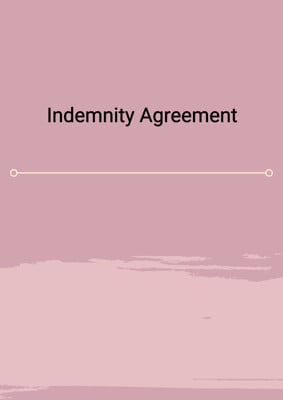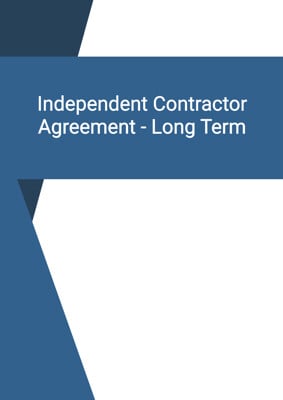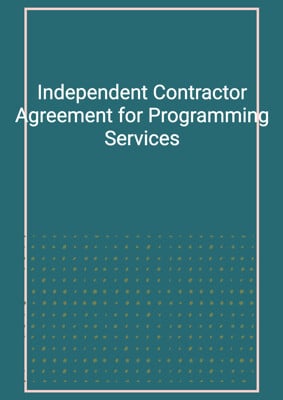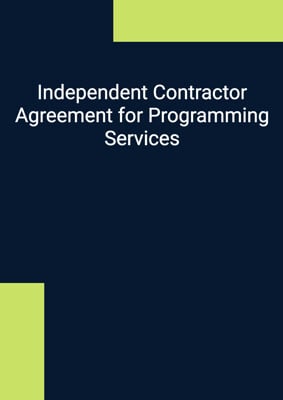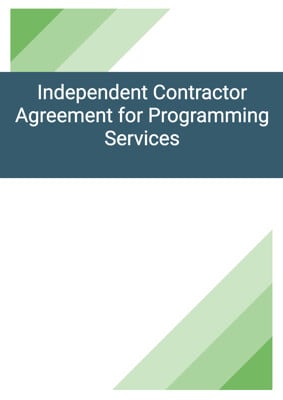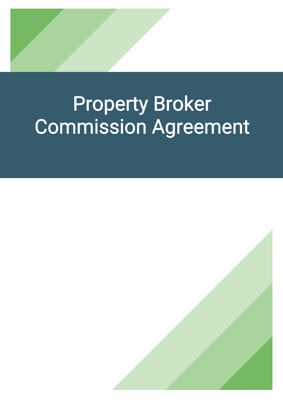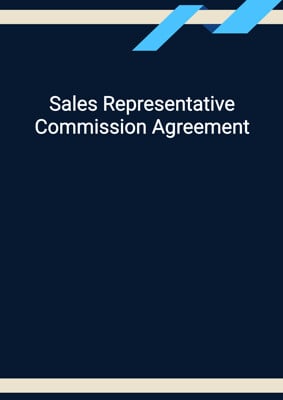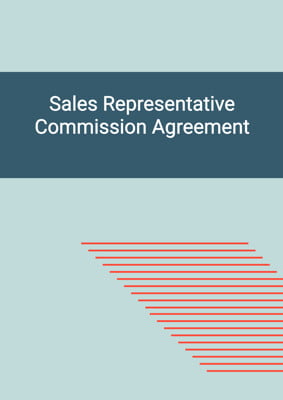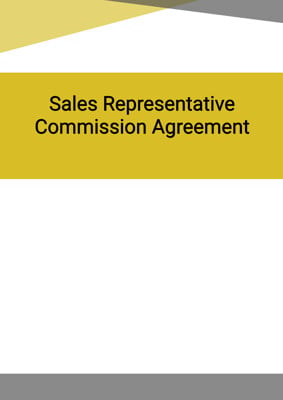How to Tailor the Document for Your Need?
01
Create Document
Fill in the details of the parties. You can click the "Fill with Member’s Information" button to complete it with information saved to your account.
02
Fill Information
Please fill in any additional information by following the step-by-step guide on the left hand side of the preview document and click the "Next" button.
03
Get Document
When you are done, click the "Get Document" button and you can download the document in Word or PDF format.
04
Review Document
Please get all parties to review the document carefully and make any final modifications to ensure that the details are correct before signing the document.
Document Preview
Document Description
The Advisor Agreement (for Stock Option) is a document that outlines the agreement between Party 1 (the advisor) and Party 2 (the company). The document is important as it establishes the terms and conditions of the advisor's services and the compensation they will receive.
The entire document consists of seven sections:
1. Services and Consideration: This section outlines the services that the advisor will provide to the company and the compensation they will receive. The advisor will consult and advise the company on matters related to its business, technology, and products. In return, the advisor will receive options to purchase shares of the company's common stock.
2. Ownership: This section states that any inventions or intellectual property created by the advisor in connection with the services provided to the company will be owned by the company. The advisor is required to disclose and assign all inventions to the company.
3. Proprietary Information: This section defines proprietary information as any business, technical, commercial, or financial information obtained by the advisor in connection with the services. The advisor is obligated to keep this information confidential and not disclose or use it except for performing the services.
4. Termination: Either party has the right to terminate the agreement with a ten-day notice. However, certain sections of the agreement, including sections 2 to 6, will survive termination.
5. Relationship of the Parties; No Conflicts; Promotional Rights: This section clarifies that the advisor is an independent contractor and not an employee or agent of the company. The advisor represents that their participation in the agreement does not conflict with any other obligations or rights.
6. Miscellaneous: This section includes various miscellaneous provisions, such as the non-assignability of obligations without written consent, the company's right to transfer its rights under the agreement, and the acknowledgement that a breach of sections 2 or 3 may result in injunctive relief.
7. Governing Law and Jurisdiction: This section specifies the jurisdiction and governing law that will apply to the agreement.
Overall, the Advisor Agreement (for Stock Option) is a comprehensive document that protects the interests of both the advisor and the company by clearly defining the scope of services, compensation, ownership of intellectual property, confidentiality obligations, and termination rights.
How to use this document?
1. Consult and Advise: The advisor should provide consulting services and advice to the company on matters related to its business, technology, and products.
2. Receive Compensation: The advisor will receive options to purchase shares of the company's common stock as compensation for their services. The options will be subject to approval and pricing by the company's board of directors.
3. Disclose and Assign Inventions: The advisor must promptly disclose and assign any inventions or intellectual property created in connection with the services to the company. This includes patent rights, copyrights, trade secret rights, and more.
4. Maintain Confidentiality: The advisor is obligated to keep all proprietary information obtained from the company confidential and not disclose or use it except for performing the services.
5. Termination: Either party has the right to terminate the agreement with a ten-day notice. However, certain sections of the agreement will survive termination.
6. Independent Contractor Status: The advisor is considered an independent contractor and not an employee or agent of the company. They are not eligible for employee benefits or similar programs.
7. Miscellaneous Provisions: Various miscellaneous provisions include the non-assignability of obligations, the company's right to transfer its rights, and the acknowledgement of potential injunctive relief for a breach of certain sections.
8. Governing Law and Jurisdiction: The agreement is governed by the specified jurisdiction and governing law.
This guidance provides a step-by-step overview of how to use the document, focusing on the practical aspects and implications rather than completing the document itself.
Not the right document?
Don’t worry, we have thousands of documents for you to choose from:







